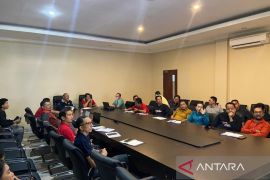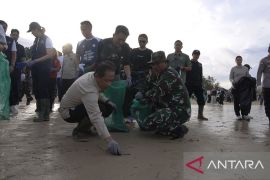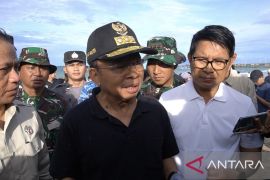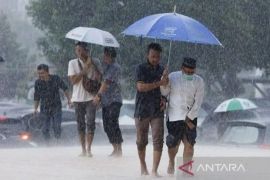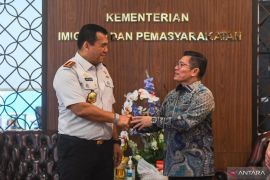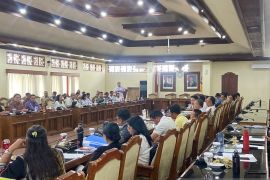Yogyakarta (Antara Bali) - Around 2,500 villages in Indonesia have no access to electricity for being isolated and located in difficult terrain.
"The villages are located in difficult terrain and isolated," chairman of the Indonesian association of private electric producers (APLSI) Arthur Simatupang said here on Sunday.
Arthur said the government could not rely only on the state power utility company PLN to supply electricity for the 2,500 villages mostly in frontier areas.
The role of the private sector is important, he said, adding PLN has to team up with independent power producers (IPP).
He said the government has issued a regulation allowing the private sector to operate in the power generating industry in order to give the 2,5000 villages access to electricity.
The regulation calls for the involvement of the private sector, cooperatives and regional administration companies (BUMD) to provide electricity for the villages, he said.
"The government would provide the license for the private sector to build power plants, power transmission networks and sell power directly to the end consumers in isolated areas," he said.
So far only PLN is allowed to sell power to the end consumers. Independent power producers sell their power to the end consumers via PLN . With the new regulation PLN no longer holds the monopoly to sell power to the public in isolated areas.
"We hope the new regulation would attract more investors to build power plants that would help open access to electricity for the 2,500 villages," Arthur said.
Earlier, director of electric power program development at the energy and mineral resources (ESDM) ministry Alihuddin Sitompul said his office has prepared a ministerial regulation on mini power plants and was already signed by ESDM Minister Ignatius Jonan.
"Currently it is being processed at the Law and Human Right Ministry ," Alihuddin said.(WDY)


